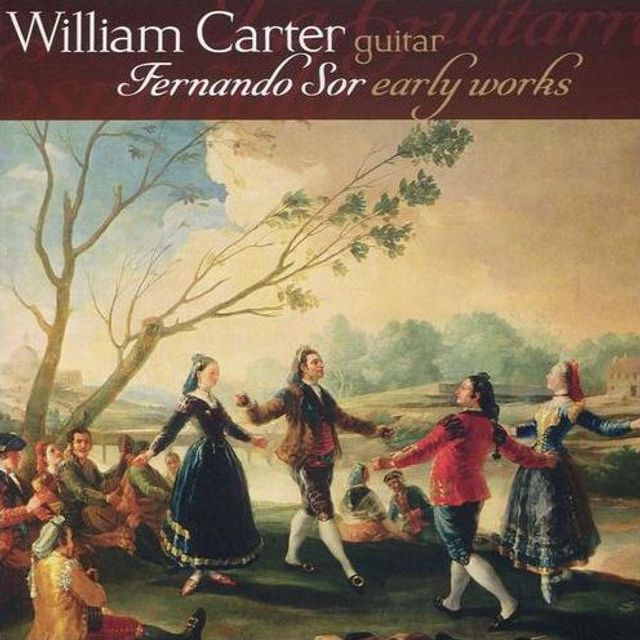Home
Joseph Beuys: Intuition!: Dimensions of the Early Work of Joseph Beuys, 1946-1961
Barnes and Noble
Joseph Beuys: Intuition!: Dimensions of the Early Work of Joseph Beuys, 1946-1961
Current price: $65.00


Barnes and Noble
Joseph Beuys: Intuition!: Dimensions of the Early Work of Joseph Beuys, 1946-1961
Current price: $65.00
Size: OS
Loading Inventory...
*Product information may vary - to confirm product availability, pricing, shipping and return information please contact Barnes and Noble
How Beuys combined his political, scientific, spiritual and artistic concerns into a compelling vision of “social sculpture”
This book examines the crucial period between Joseph Beuys’ (1921–86) return to his hometown of Kleve after World War II at the age of 24 and his appointment as a professor at the Kunstakademie Düsseldorf in 1961. During this “incubation” phase, key themes relevant to his future work emerged, which structure this book: biography as material for artistic formation; poetry/romanticism; natural sciences: physics, chemistry, botany, zoology and geography; philosophy/anthropology and Steiner; economics, capitalism, labor, politics. The aim of this book, along with the 2021 exhibition of the same name at Museum Kurhaus Kleve for which it is the catalog, is neither to venerate a local saint of Kleve nor to topple an artist from an earlier generation. Instead it highlights the influences and ideas that saw Beuys develop from a “sensitive traditionalist” into a “visionary social sculptor.”
This book examines the crucial period between Joseph Beuys’ (1921–86) return to his hometown of Kleve after World War II at the age of 24 and his appointment as a professor at the Kunstakademie Düsseldorf in 1961. During this “incubation” phase, key themes relevant to his future work emerged, which structure this book: biography as material for artistic formation; poetry/romanticism; natural sciences: physics, chemistry, botany, zoology and geography; philosophy/anthropology and Steiner; economics, capitalism, labor, politics. The aim of this book, along with the 2021 exhibition of the same name at Museum Kurhaus Kleve for which it is the catalog, is neither to venerate a local saint of Kleve nor to topple an artist from an earlier generation. Instead it highlights the influences and ideas that saw Beuys develop from a “sensitive traditionalist” into a “visionary social sculptor.”









![Fritz Lang: The Early Works [3 Discs]](https://prodimage.images-bn.com/pimages/0738329109226_p0_v2_s600x595.jpg)








